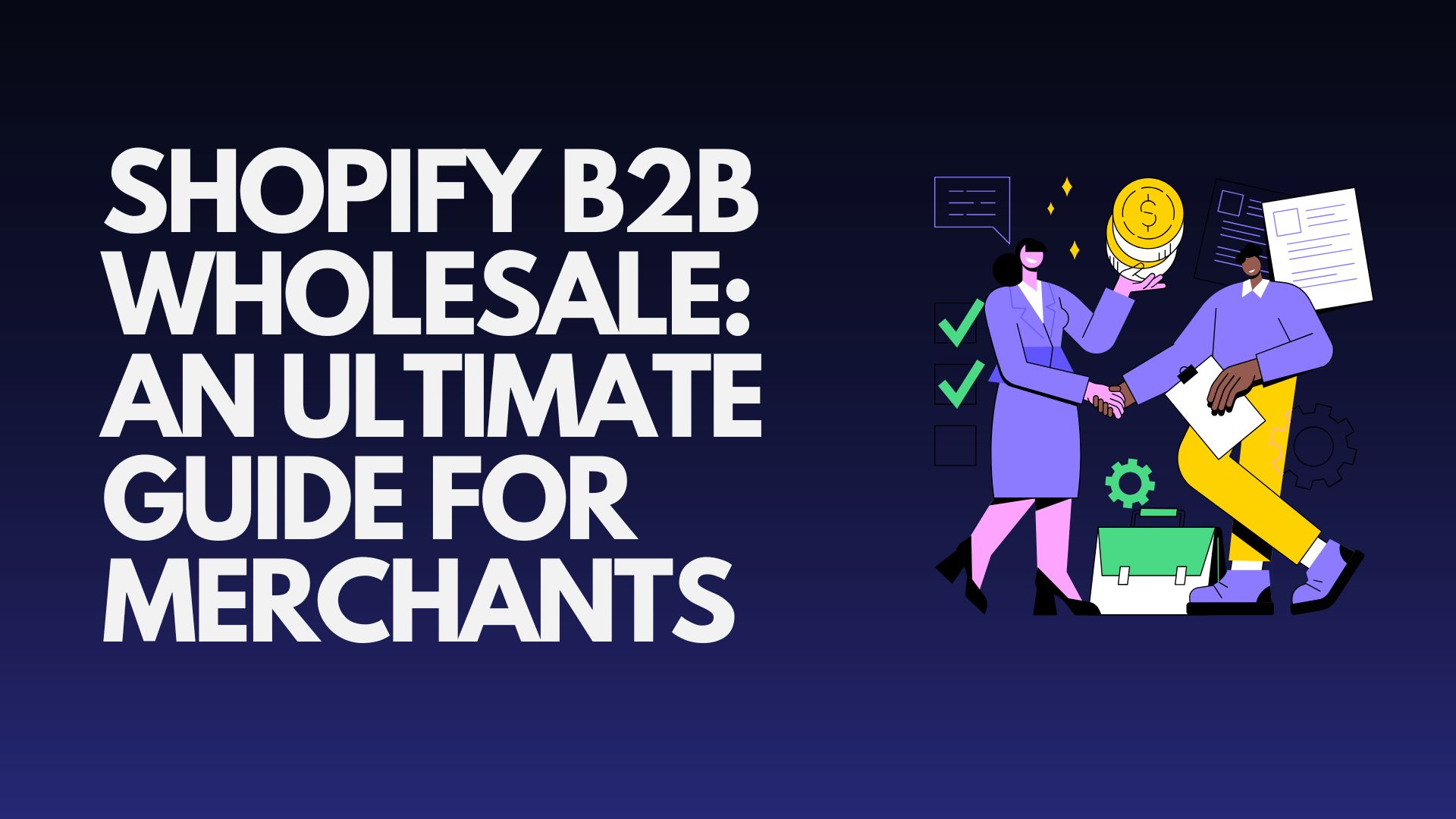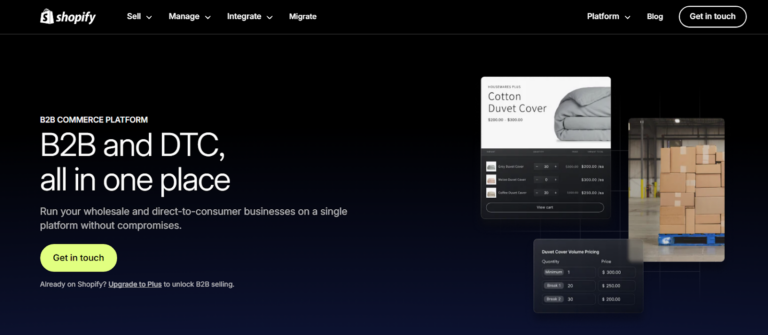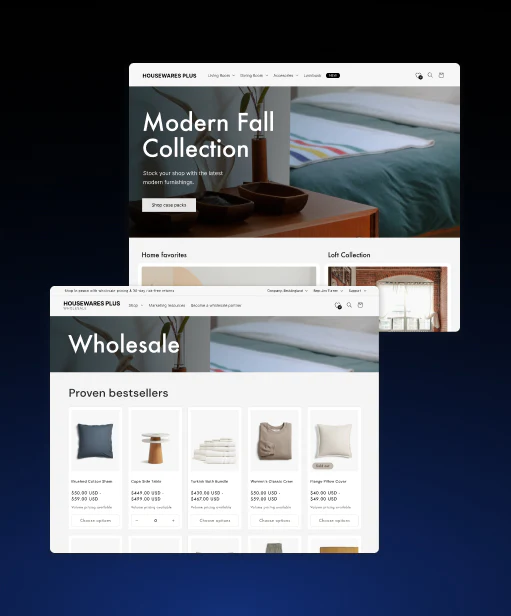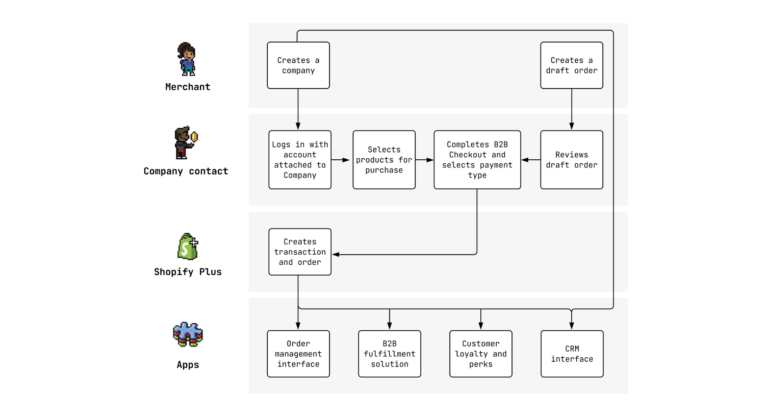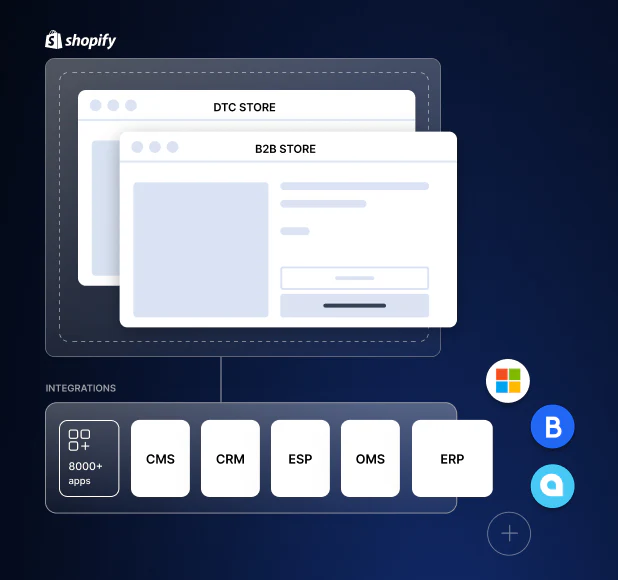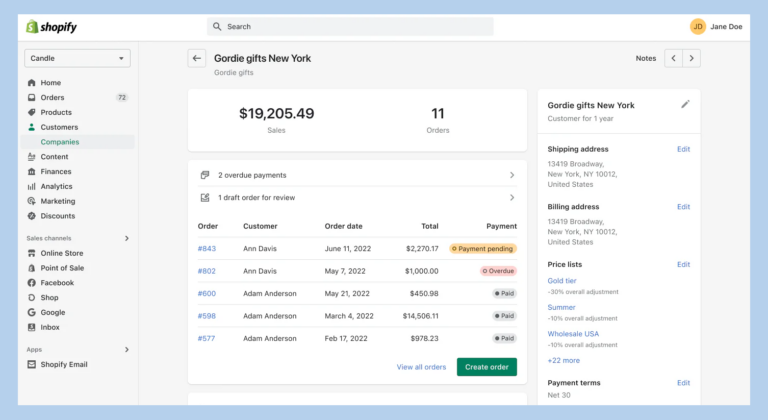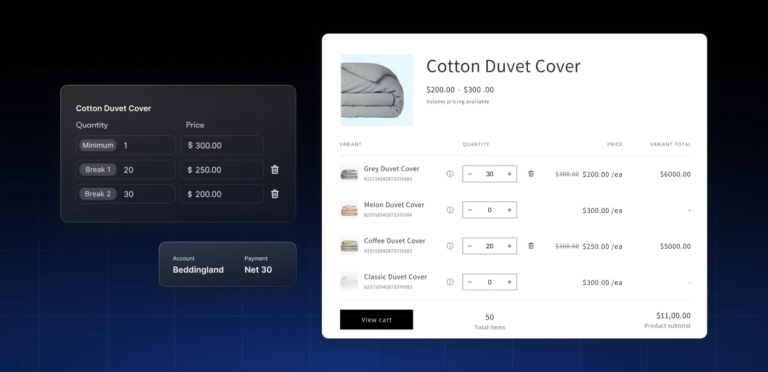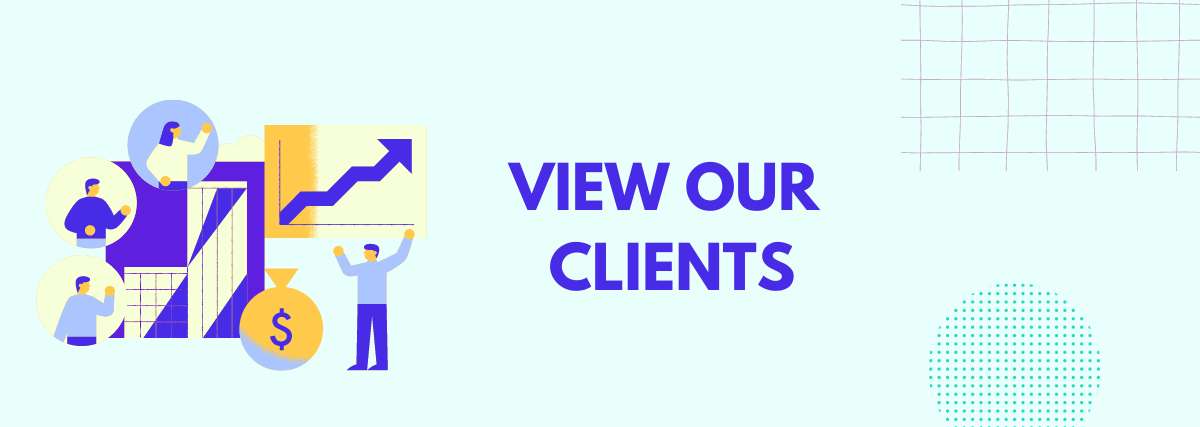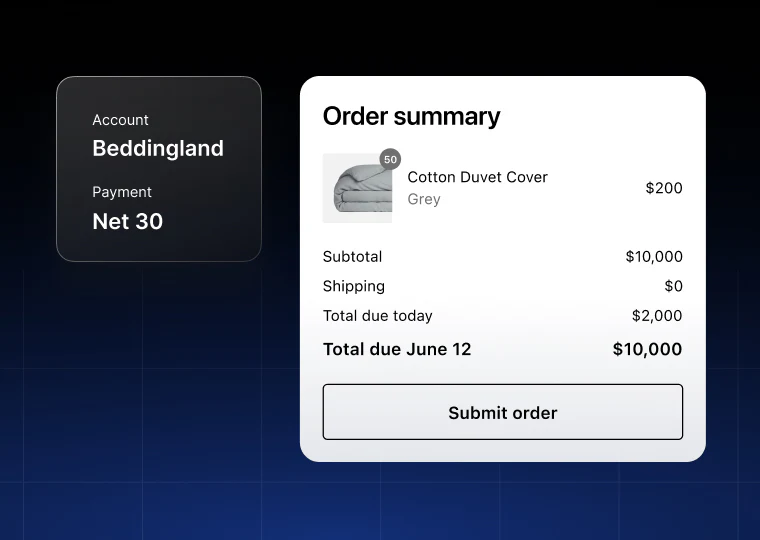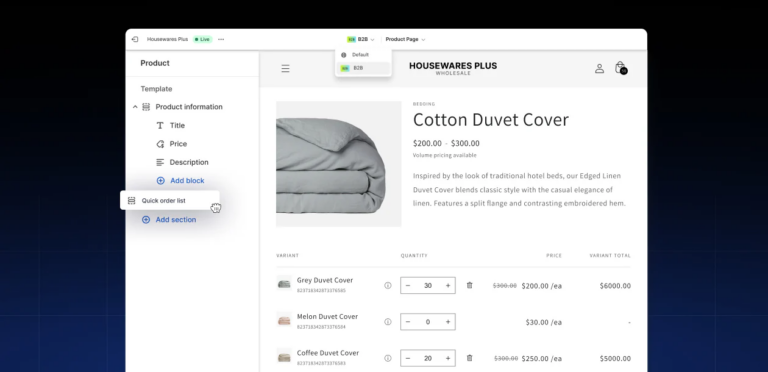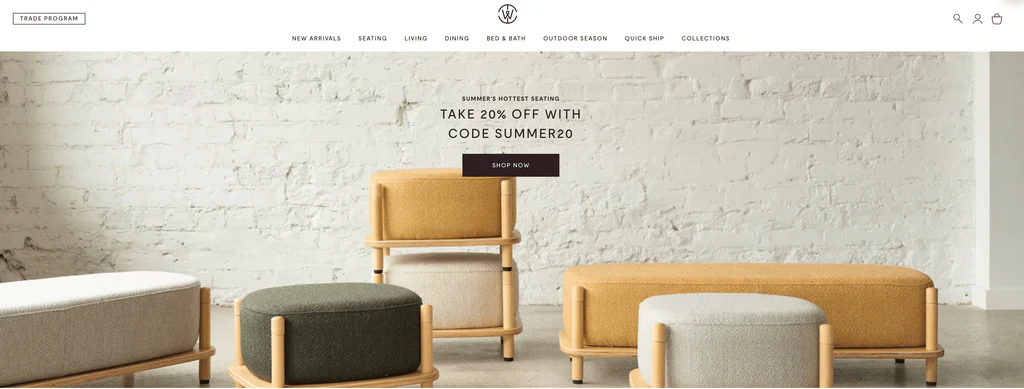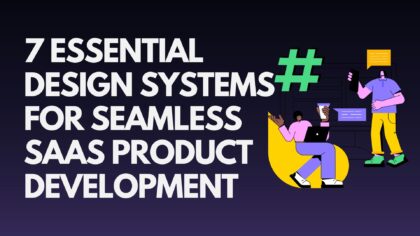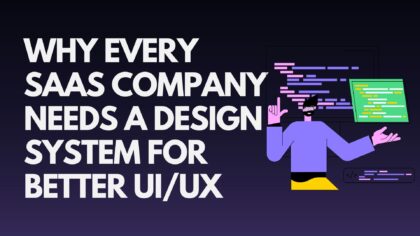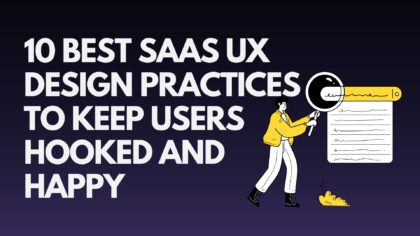Shopify B2B Wholesale: An Ultimate Guide for Merchants
If you’re a merchant ready to sell wholesale online, this guide is for you.
Whether you’re running a successful D2C store or migrating from WooCommerce or OpenCart, Shopify’s B2B capabilities—especially on Shopify Plus—let you sell directly to businesses with ease. From custom pricing and catalogs to role-based logins, payment terms, and tailored storefronts, Shopify turns your store into a wholesale powerhouse.
In this ultimate guide, I’ll walk you through everything you need to know about Shopify B2B wholesale—from how it works, to setup tips, pricing insights, and examples of real brands scaling big with it.
You’ll also get guidance on ecommerce website development, custom ecommerce design, Shopify migration, CRO optimization, and digital marketing strategies that help you grow and retain high-value wholesale customers.
Let’s dive in and build your B2B engine the smart way.
Table of Contents
- What Is B2B Wholesale in Ecommerce?
- What’s the Difference Between B2B and B2C Ecommerce?
- Essential B2B Wholesale Features on Shopify
- Next-Level Wholesale Features, Right Out of the Box
- What Are the Common Challenges in B2B Selling?
- Why You Should Consider Shopify Plus for Your B2B Business
- How Much Does Shopify B2B Cost?
- How to Get Started with Shopify Plus for B2B
- Real B2B Ecommerce Success Stories You Can Learn From
- FAQs about Shopify B2B Wholesale
What Is B2B Wholesale in Ecommerce?
B2B wholesale ecommerce is the process of selling products in bulk directly to other businesses through an online storefront. Unlike B2C, where you sell to individual consumers, B2B customers often place high-volume orders, expect custom pricing, payment terms, and personalized experiences—and they need platforms that can handle these complexities.
That’s where Shopify B2B solutions shine. Especially with Shopify Plus, merchants gain access to enterprise-grade features like:
- Customer-specific catalogs
- Net payment terms (Net 15, 30, 60)
- Custom checkouts and pricing per company
- Volume-based discounts and account-level settings
Whether you’re just starting your wholesale journey or planning an ecommerce migration from platforms like WooCommerce or OpenCart, Shopify offers the flexibility and scalability you need to grow.
Planning to switch platforms? Shopify supports seamless:
- Shopify to WooCommerce migration services
- OpenCart to Shopify migration services
What’s the Difference Between B2B and B2C Ecommerce?
Here’s a quick breakdown:
| Feature | B2B Ecommerce | B2C Ecommerce |
| Customers | Businesses | Individuals |
| Order Volume | High (Bulk Orders) | Low (Single/Multiple Units) |
| Pricing | Negotiable / Tiered Pricing | Fixed Pricing |
| Checkout | Custom, often with approval workflows | Standard, fast checkout |
| Payment Terms | NET 15, NET 30 | Instant payments |
| Catalog | Tailored to specific buyer groups | Open to all visitors |
For B2B ecommerce, you need more than just a pretty storefront. You need custom ecommerce development to craft tailored buying experiences. This means integrating features like:
- Account-level pricing rules
- Customer-specific catalogs
- Role-based access and permissions
- Support for B2B payment methods like purchase orders or NET terms
Unlike B2C, where quick checkouts and fixed pricing dominate, B2B requires a more advanced ecommerce website development strategy.
That’s why platforms like Shopify Plus are ideal—they support complex ecommerce UI/UX design, allow catalog personalization, and streamline CRO optimization for high-volume orders.
Need help setting up a wholesale-ready site or switching from another platform like WooCommerce or OpenCart? An experienced Shopify website development team can help you with smooth ecommerce migration, ecommerce maintenance, and ongoing support to keep your B2B operations running at scale.
Essential B2B Wholesale Features on Shopify
Shopify offers a robust B2B ecommerce solution that transforms your online store into a wholesale-ready platform. Whether you’re just entering the wholesale space or scaling fast with Shopify Plus, these built-in features are designed for the complexities of B2B selling.
If you’re working with a partner agency for ecommerce website development or custom ecommerce development, these features will be the foundation for a scalable, conversion-focused setup.
Here’s what makes Shopify a powerhouse for B2B ecommerce:
Company Profiles & Advanced Permissions
Let multiple users from the same company log in under one account with role-based access. Assign specific payment terms, tax exemptions, and location-level controls. This is essential for businesses managing multiple buyers or divisions—something traditional ecommerce UI UX design rarely supports out of the box.
Customer-Specific Catalogs
Tailor product offerings and pricing by customer, region, or contract. This functionality simplifies Ecommerce SEO Solutions and ensures your store delivers relevant content, helping with both conversion rate optimization (CRO) and long-term loyalty.
Quantity Rules
Set purchasing rules such as minimum and maximum quantities, increments, or case pack logic. This is perfect for brands that want to boost average order value (AOV) and streamline operations—an integral part of CRO optimization in wholesale.
Volume Pricing
Tiered pricing based on quantity helps increase wholesale volume and incentivizes bigger buys. A must-have feature in any well-executed ecommerce design for B2B.
Custom Checkout Experience
With Shopify Plus, you can create a checkout flow specific to B2B needs—think saved carts, custom fields, purchase order uploads, and NET 15/30/60 payment options. This is where ecommerce development meets function.
Faster Reordering
B2B customers love efficiency. With features like one-click reorder and saved invoice history, Shopify makes repeat ordering fast and seamless. Pair this with ecommerce digital marketing strategies to improve retention.
Wholesale Login & Channel
Create a dedicated wholesale login portal that’s separate from your B2C storefront—but still managed under the same backend. This keeps your Shopify website development clean while supporting multiple buyer types.
Automated Workflows
Use Shopify Flow to automate critical operations—such as customer tagging, order approvals, and back-in-stock emails. Especially useful when scaling fast and reducing human error. For businesses seeking Ecommerce Maintenance in Mumbai India, automation is a big cost-saver.
Enterprise Performance & Scalability
From launch to growth, Shopify Plus delivers unmatched hosting, page load speed, and enterprise-grade security. Whether you’re handling 100 or 10,000 wholesale orders, performance doesn’t drop—making it ideal for companies considering Opencart to Shopify migration service, WooCommerce development, or full ecommerce migration.
If you’re aiming for a high-converting wholesale store with powerful backend support, Shopify Plus is your go-to platform. When paired with smart ecommerce UI/UX design, strong E-commerce SEO solutions, and continuous social media management, it can significantly boost your business’s visibility and retention.
Need help setting up or optimizing your Shopify B2B store?
Let’s talk. We’re a Mumbai-based ecommerce performance marketing agency specializing in custom Shopify development, migration services, and ongoing ecommerce maintenance that keeps your wholesale channel growing.
Next-Level Wholesale Features, Right Out of the Box
Shopify doesn’t just stop at basics. With the right Shopify website development partner, you can enable advanced features that drive conversions and simplify B2B operations:
-
Store Personalisation
Deliver a hyper-relevant experience to your B2B customers. Use customer tags, Liquid logic, or Shopify Scripts (available on Plus) to show different pricing, banners, or products based on the customer segment.
Personalization is a core principle of effective ecommerce UI UX design, and it’s a proven way to improve engagement and CRO optimization.
-
Headless Storefronts
Want total control over your storefront design while still using Shopify’s rock-solid backend? Go headless. Shopify’s flexible APIs allow integration with your own front-end tech stack—ideal for businesses with complex needs and custom logic.
This approach is perfect for larger enterprises or fast-growing businesses considering custom ecommerce development or ecommerce website development tailored to their brand vision and growth strategy.
-
Custom B2B Solutions
From ERP integration to automated approvals, Shopify’s B2B APIs and apps let you build the exact workflows your wholesale model needs.
What Are the Common Challenges in B2B Selling?
B2B ecommerce has its perks, but also its pain points:
- Complicated buyer journeys
- Multiple decision-makers
- Custom pricing & terms per client
- High-touch customer support needs
- Large orders needing accurate inventory sync
- Lack of mobile-friendly B2B portals (until now)
That’s why investing in solid ecommerce UI UX design, ecommerce maintenance services, and reliable hosting is essential—especially if you’re in a competitive market like Mumbai or broader India.
Why You Should Consider Shopify Plus for Your B2B Business
Here’s why I recommend Shopify Plus for any serious wholesale business:
- Scalable, flexible, and secure platform
- Built-in B2B features that reduce the need for 3rd-party plugins
- Seamless integrations with CRMs, ERPs, and accounting tools
- Access to APIs for custom workflows
- Proven ecosystem of ecommerce development experts, agencies, and apps
- Reliable ecommerce SEO solutions and digital marketing integration
When you combine Shopify Plus with the right ecommerce performance marketing agency and social media management, you’re setting your business up for long-term success.
How Much Does Shopify B2B Cost?
B2B features are exclusive to Shopify Plus, which starts at $2,300/month. Here’s what you get:
- Access to advanced B2B checkout and payment terms
- Multi-currency and international sales support
- Wholesale portal with role-based access
- Automation, APIs, and enterprise tools
For high-volume or complex businesses, pricing may be customized. Contact Shopify Sales or a Partner Agency for a tailored quote.
So, you’re thinking about B2B with Shopify Plus? Smart move.
Let’s walk through how to get started with Shopify Plus.
How to Get Started with Shopify Plus for B2B
Launching your Shopify B2B wholesale store doesn’t have to be overwhelming. Whether you’re migrating from another platform or starting fresh, here’s a step-by-step plan to help you build a scalable, high-converting B2B experience—with the help of expert Shopify website development, custom ecommerce development, and ecommerce UI UX design.
Step 1: Upgrade to Shopify Plus
Shopify’s powerful B2B tools are exclusive to the Shopify Plus plan. If you’re currently on a standard plan, it’s time to level up.
Tip: Speak with Shopify Sales or work with a Shopify Partner Agency (like us!) to make a strategic, growth-focused decision—not just a technical one.
This is especially relevant if you’re considering ecommerce migration from platforms like WooCommerce or OpenCart. We offer both Shopify to WooCommerce Migration Service and Opencart to Shopify Migration Service, ensuring a smooth transition.
Step 2: Decide Between a Single Storefront or Dedicated B2B Store
You’ve got two solid choices:
- Single Storefront: Sell to both B2C and B2B customers using personalization.
- Dedicated B2B Store: Create a fully custom wholesale-only experience.
To decide, ask:
- Are your B2B and D2C audiences very different?
- Do your products or pricing differ significantly?
- Can your brand messaging serve both groups equally well?
The answer will shape your ecommerce design and strategy.
Step 3: Set Up Companies in Shopify Admin
In Shopify B2B, “Companies” are more than just customer accounts. They’re structured business entities with:
- Multiple shipping/billing locations
- Role-specific logins
- Payment terms
- Assigned catalogs and pricing
This granular control is essential for building tailored journeys—a key aspect of modern ecommerce website development.
Step 4: Configure B2B Price Lists
Ditch the spreadsheets.
With Shopify Plus, you can:
- Create customer- or location-specific price lists
- Offer tiered pricing (Gold, Silver, etc.)
- Adjust pricing by currency or region
- Apply volume-based discounts
This kind of custom ecommerce development lets you scale pricing logic effortlessly while improving CRO optimization.
Step 5: Customize Payment and Checkout Options
Your B2B buyers expect flexibility. Shopify Plus supports:
- Purchase orders
- Manual invoicing
- Bank transfers
- Post-delivery payment terms (Net 15/30/60)
You can configure payment methods per company, giving your clients the control they need. This aligns perfectly with Ecommerce Digital Marketing strategies built around trust and long-term retention.
Step 6: Personalize the Storefront Experience
Using Shopify’s Liquid logic, customer tags, and storefront contextualization tools, you can:
- Show/hide collections based on user profile
- Customize headers, banners, and CTAs
- Display downloadable spec sheets for wholesale buyers
- Adjust theme visuals for B2B vs. D2C
This is where strong ecommerce UI UX design pays off—by making the shopping experience feel tailor-made.
Step 7: Set Up B2B Shipping & Fulfillment Rules
Wholesale fulfillment is a different beast.
You may need:
- Custom freight options
- Split deliveries across warehouses
- Staggered order fulfillment
- ERP or 3PL integrations
Shopify Plus allows advanced shipping profiles and API integrations, supporting everything from bulk logistics to real-time inventory syncing. This ensures your ecommerce maintenance (Mumbai India) setup remains lean and automated.
Step 8: Test the Buying Experience
Before going live, log in as a test buyer and check:
- Are the right products showing?
- Is the pricing logic accurate?
- Do the payment terms appear correctly?
- Is the checkout smooth and intuitive?
- Are your email notifications branded and helpful?
Bonus Tip: Ask your ecommerce photography agency to create product visuals tailored for both B2C and B2B. Think lifestyle shots for D2C and technical specs or use-case images for wholesale clients.
Whether you’re starting from scratch or migrating, a strategic approach with expert ecommerce development, E-commerce SEO Solutions, and social media management will ensure your Shopify Plus B2B journey is built for growth.
Real B2B Ecommerce Success Stories You Can Learn From
B2B ecommerce isn’t just booming—it’s reshaping how businesses buy and sell online. With trillions in annual transactions, brands that adapt with smart technology and better user experience are pulling ahead fast.
So instead of starting from scratch, let’s take a look at how some forward-thinking companies leveraged Shopify to build powerful, scalable B2B ecommerce operations.
These examples offer more than just numbers—they show strategy, innovation, and custom ecommerce development done right.
Industry West: Blending Design-First Thinking with Wholesale Logic
Industry West knew they had a strong product, but their platform at the time just couldn’t keep up with their growth or the complexity of their B2B sales. Migrating to Shopify completely changed that.
What worked:
- A visually rich experience that worked for both individual customers and bulk furniture buyers.
- Features like customer-specific catalogs and tiered pricing that made wholesale orders smoother.
- Faster, intuitive ordering flows for trade customers.
By combining ecommerce UI UX design with practical wholesale tools, Industry West grew both their average order value and overall B2B revenue without needing two separate websites.
Lulu and Georgia: Scaling with Less Tech Headache
This luxury home décor brand was dealing with bloated tech, slow page speeds, and limited flexibility. Shopify gave them the tools to move faster, automate more, and keep the focus where it should be—on customer experience and growth.
What changed:
- A more reliable backend that could support their 40K+ product SKUs.
- A shared checkout system that simplified sales to both consumers and wholesale buyers.
- Access to Shopify’s app ecosystem to streamline operations like promotions and shipping.
Their shift proves the power of pairing Shopify website development with a strong creative vision—resulting in a polished, high-converting experience for all buyer types.
Daily Harvest: Expanding Channels with a Unified Tech Stack
Originally a DTC favorite, Daily Harvest eventually needed a platform that could handle more than just home deliveries. Enter Shopify.
The big leap:
- A move away from homegrown systems that slowed them down.
- Improved content flexibility using Shopify’s theme engine.
- Seamless integration with partners like Target and Kroger via B2B tools.
With ecommerce migration done right, they now manage DTC and retail growth from one streamlined backend—saving time, money, and developer bandwidth.
Carrier: Bringing Enterprise Agility to Global B2B
Carrier wasn’t just building an online store—they needed an ecommerce solution that could scale across dozens of countries, serve diverse B2B audiences, and reduce time-to-market.
Their transformation:
- Instead of taking a year to launch one site, they brought that timeline down to just 30 days.
- Dramatic cost savings thanks to Shopify’s reusable infrastructure and modular design.
- A self-service buying experience for business customers in multiple regions.
Their OneCommerce initiative showcases what’s possible when custom B2B development is paired with Shopify’s flexible architecture—and it’s a blueprint many global brands are now trying to replicate.
FAQs about Shopify B2B Wholesale
-
Can I run B2C and B2B on the same Shopify store?
Yes, especially with Shopify Plus. You can use tagging, apps, or separate storefronts (via expansion stores) to serve both audiences.
-
Do I need Shopify Plus for wholesale?
Technically no—but for advanced features like custom checkout, company profiles, and automation, Plus is ideal.
-
Can I migrate from WooCommerce or OpenCart to Shopify?
Absolutely. Look for services like:
- WooCommerce to Shopify Migration
- Opencart to Shopify Migration Service
Make sure your ecommerce partner offers clean data transfer, SEO preservation, and design upgrades during migration.
Final Thoughts
B2B ecommerce is growing fast, and Shopify is ready to support every step of your wholesale journey. With the right setup, you can streamline buying experiences, personalize catalogs, and simplify backend operations—all in one place.
Whether you’re starting fresh or planning a migration to Shopify, now’s the time to invest in smart, scalable ecommerce infrastructure.
Need Help Building Your Shopify B2B Store?
At Emerge Digital, we specialize in Shopify website development, custom ecommerce development, and CRO optimization—with a dedicated focus on B2B.
We’ll help you:
- Plan your store structure
- Design a seamless B2B experience
- Optimize for conversions
- Handle Shopify migrations with zero downtime
- Scale with marketing, SEO, and maintenance
Let’s talk. Book your free consultation now.
Explore more
The 15 Best Sustainable Shopify Stores to Shop in 2025: Eco-Friendly Brands Leading the Way
15 Shopify Health Brands Redefining Wellness in 2025
15 Essential Features for Your Health and Wellness Store

About the Author
Priya, Co-Founder of Emerge Digital, is a UI/UX enthusiast with 15 years of experience. She’s passionate about crafting user-centered designs that exceed expectations, delivering meaningful and engaging digital experiences. At Emerge Digital, Priya blends her deep expertise with a commitment to client and user needs, driving innovative design solutions.
